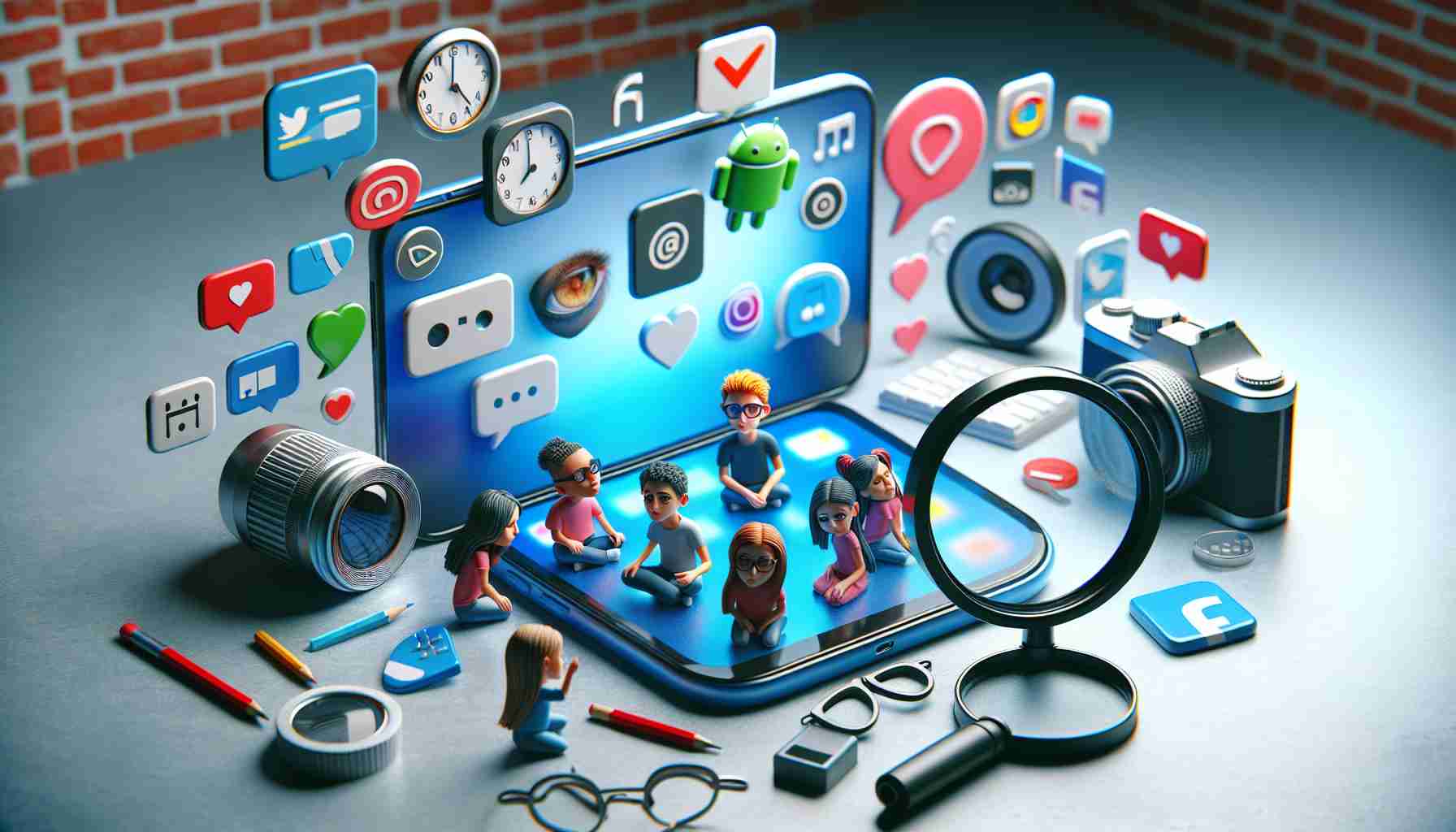Dramatic cases involving the influence of social media on children, such as the murder of Brianna Ghey and the suicide of Mia Janin, are just the tip of the iceberg. However, let’s take a closer look at the untold tragedies that happen every day and don’t reach the public opinion.
In many cases, we have seen carefree children turning into empty, suffering shadows just a few days after receiving a smartphone. Are there any benefits for children from using smartphones and social media? Speaking with teenagers across the country, most of them do not see any positive aspects. They simply do it because everyone else is doing it.
However, deep down, they know that they are addicted, trapped, and unhappy. Moreover, they are aware that they don’t have to be constantly “connected” to their peers, especially after spending the whole day together at school.
The reality is that these destructive rectangles don’t “connect” us. Children feel increasingly lonely, scrolling through their rooms at night, often until the early hours. Then they come to school tired, full of anxiety, anger, and depression – and dependent on sugar to stay awake.
Platforms on which children communicate, such as Snapchat and TikTok, are designed to be addictive. It’s a brilliant business model – the more a child looks at their phone, the more money the tech giants make.
In addition to often disgusting, harmful, and senseless content, the fast-paced nature of media consumption leads to the rewiring of a child’s brain, making it unable to focus on anything for more than a few seconds.
Teachers across the country confirm that maintaining attention in the classroom is almost impossible.
This has enormous consequences for the future of our children. A young person who cannot concentrate or think deeply has no chance of success or a good job.
If we want human creativity and innovation to survive, we must allow our children to develop their minds instead of permanently damaging them by the age of 12.
Digital learning is also another serious problem. Studies have shown that the screen is worse than paper and pen.
Limiting access to smartphones and social media is crucial for children’s mental health. The French village of Seine-Port has banned smartphones in public places, and in the Irish town of Greystones, no school-age child has a smartphone. In Gordonstoun, a former British school, phones cannot be used during school activities. In these places, a significant improvement in students’ well-being has been observed. They started talking to each other, laughing, sleeping well, and performing better academically.
Other communities in England are also taking action against smartphones and forming movements such as “Parents United for a Smartphone-Free Childhood,” “UsForThem,” “TechedOff,” and “Stick to Bricks.” However, they need political support.
Currently, only one political party, the Social Democratic Party, is addressing this issue. Its leader, William Clouston, supports a ban on smartphone and social media use for children under the age of 16. He says, “The evidence of harmful effects is too serious for us to ignore.”
This should become an urgent joint commitment for political parties, both conservative and labor, to ban the use of smartphones and social media for children under 16.
We should protect our children by giving them a chance to develop and have a healthy childhood.
FAQ:
1. What are the dramatic cases related to the influence of social media on children?
The article mentions a few dramatic cases, such as the murder of Brianna Ghey and the suicide of Mia Janin. However, these are just examples, and many tragedies don’t reach the public opinion.
2. Are there any benefits for children from using smartphones and social media?
Teens surveyed on this topic usually don’t see any positive aspects of using these technologies. However, most of them use them due to peer pressure.
3. What are the consequences of using social media for children?
Children feel increasingly lonely and unhappy, spending hours scrolling through content in their rooms. It also has a negative impact on their ability to concentrate and their cognitive development.
4. Are smartphones addictive for children?
Yes, communication platforms like Snapchat and TikTok are designed to be addictive. The more time a child spends on their phone, the more money the tech giants make.
5. What are the suggestions for limiting smartphone and social media use for children?
The article mentions examples of actions taken by communities, such as banning smartphones in public places or denying access to smartphones for school-aged children. Those involved in movements like “Parents United for a Smartphone-Free Childhood” and “UsForThem” aim for political change.
6. Which political party is addressing the issue of children’s smartphone use?
Currently, only the Social Democratic Party is addressing this issue. Their leader, William Clouston, supports a ban on the use of smartphones and social media for children under 16.
Definition:
Smartphones – mobile devices that function as cell phones but have various additional features, such as internet access, multimedia players, etc.
Social media – internet platforms that allow users to create, share, and exchange content and interact with others, such as Facebook, Instagram, Snapchat, etc.
Suggested related link:
Social Democratic Party’s website
The source of the article is from the blog scimag.news
